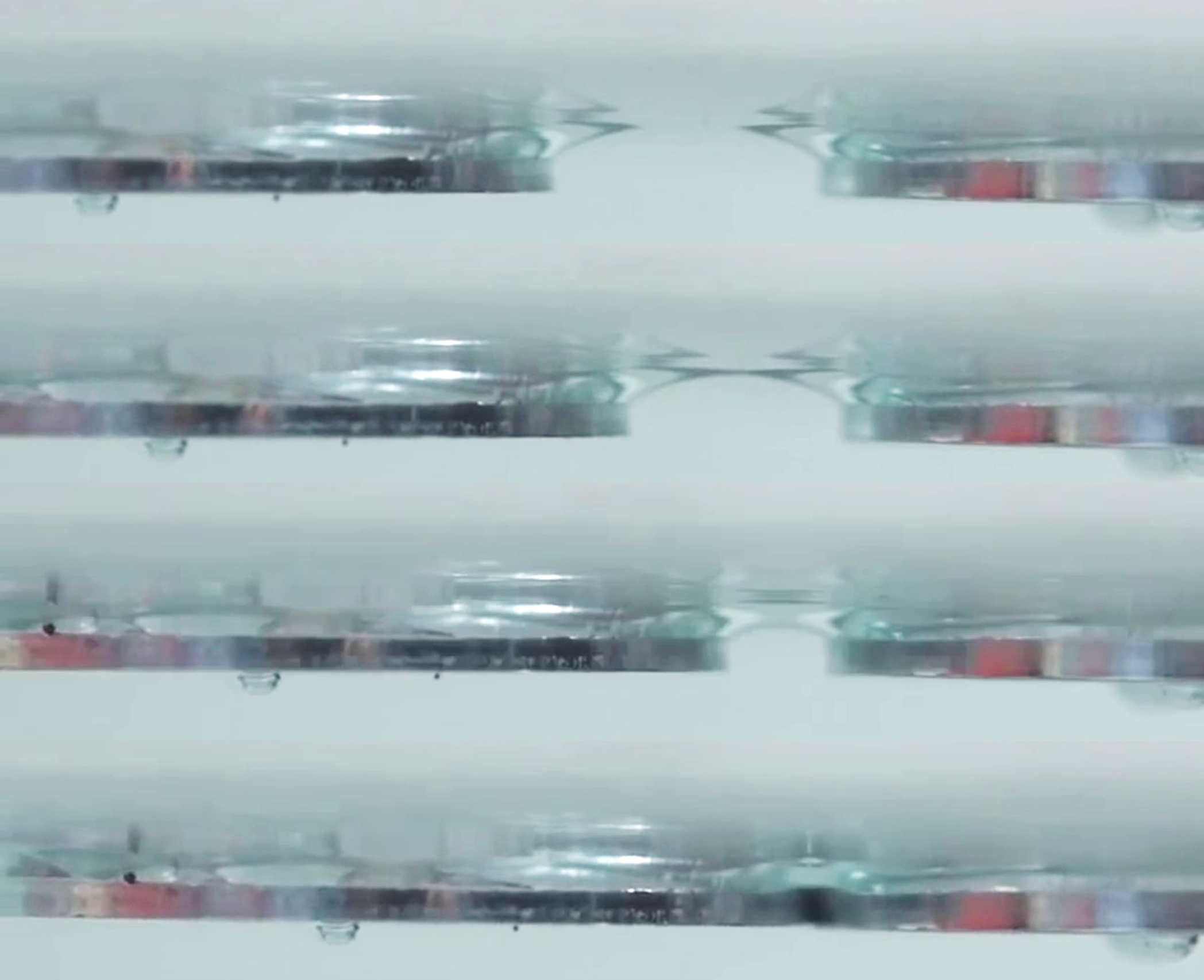Biophysics Module

This module was designed in collaboration with Dr. Maikel Rheinstadter from Physics and Astronomy. He is a biophysicist who studies cell membrane and protein dynamics and their relevance to human disease and treatment. http://www.rheinstaedter.de/maikel/lab/lab.htm . It has since been adapted by Mr. Ryan Belowitz and Ms. Devon Jones.
module Overview
If you need a reminder of the course structure (lectures, labs and tutorials) click HERE
In this Biophysics Module, we will investigate protein aggregation in neurodegenerative disorders. The lecture will discuss the role that biophysics and protein aggregation plays in neurodegenerative disease and aging. In the lab you will create aluminum foil discs to act as models of protein aggregation at home, and design a series of experiments to test your own hypotheses about disc aggregation and how the behaviour of the discs will change as you manipulate the environment surrounding them. In the tutorial you will explore writing the Materials and Methods section of a report. For the group project your group will continue researching your anti-aging product and working on the final presentation. Group Progress Meeting #2 will take place for groups that have scheduled it this week.
Learning Objectives
By the end of this module, students should be able to:
- Calculate and prepare different concentrations of solutions (e.g. mixtures of dish soap and water).
- Develop a hypothesis and design experiments with appropriate controls to test the hypothesis.
- Explain the usefulness and limitations of modelling molecular behaviours at a macro scale.
- Describe the effects of protein aggregation on cell and tissue function and how these are associated with age-related neurological disorders.
- Describe the interplay of short-range and long-range interactions using models for cellular and molecular interactions.
Module Task List
| Task | Due Date | Notes |
|---|---|---|
| Watch module lectures. | Before starting module activities. We recommend you get into the habit of watching lectures before your scheduled lab time. | Lectures are available on Echo360, which can be accessed through Avenue to Learn. |
| Read module outline. | Before your virtual lab starts. | |
| Attend virtual lab and complete lab activities. | Attend during your scheduled lab time. The TA will be available during this time to help you. | Join your lab/tutorial section team on MS Teams. The first part of lab is an overview of the activities. The remainder of the lab time will be used to complete the lab activities. |
| Biophysics Individual Assignment | We recommend you start working on the assignment (click HERE) immediately after completing the lab activities. If you encounter any difficulties, you can pause and wait until after the tutorial presentation, where there is opportunity to ask the TA questions. Assignment Due dates are HERE |
We recommend setting aside the same block of time every week for completing individual assignments in Life Sci 2L03. Assignments are submitted on Avenue to Learn. Click HERE for details. |
| Attend online tutorial | Attend during your scheduled tutorial time. | Join your lab/tutorial section team on MS Teams. The first part of tutorial is an overview of the assignment from the TAs. The remainder of the tutorial time will be used to work with your group on the group project. |
| Complete Biophysics Tutorial Reflection | Submit before the end of tutorial. | The reflection will be completed in the OneNote app which is accessed through your lab/tutorial section team on MS Teams. The TA will release a page in your notebook to complete your reflection. You are only able to complete the reflection during the allocated tutorial time. |
| Group Project | Progress Meeting # 2 with TA (for groups that have scheduled it for this week) Continue researching topic and working on final presentation Click HERE for group project deadlines |
Click the item below to be directed to the instructions: Anti-aging topic/products Progress Meeting with TA |
Missed work
If you miss the lab, tutorial or any work associated with this module, click HERE for details on accommodations.

